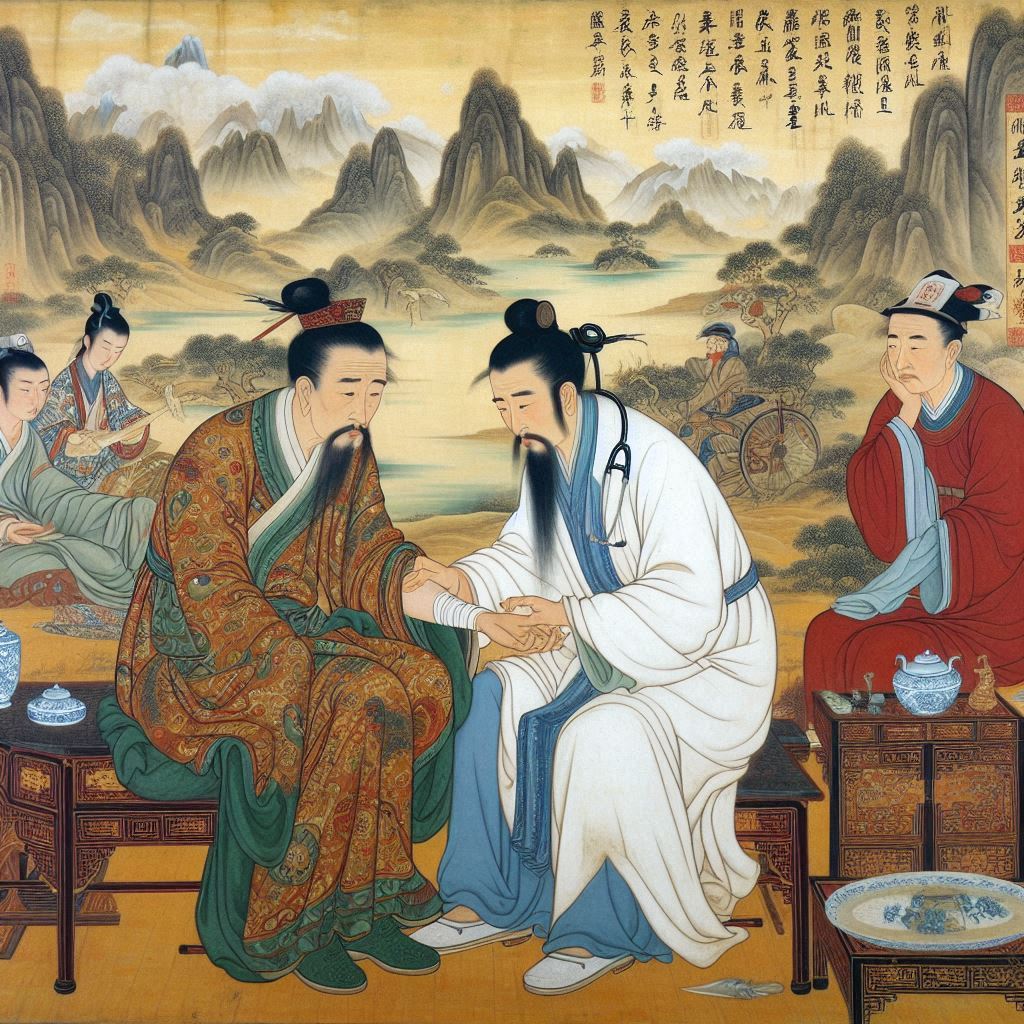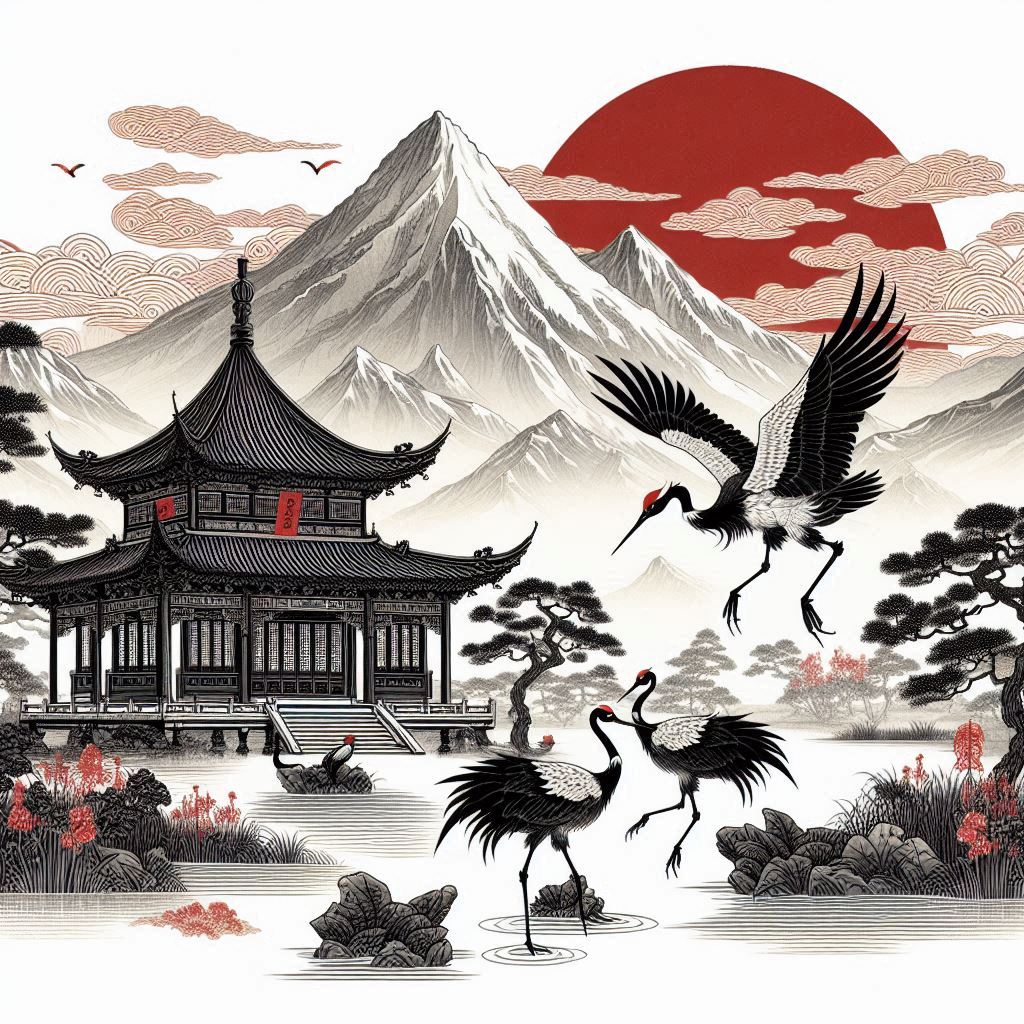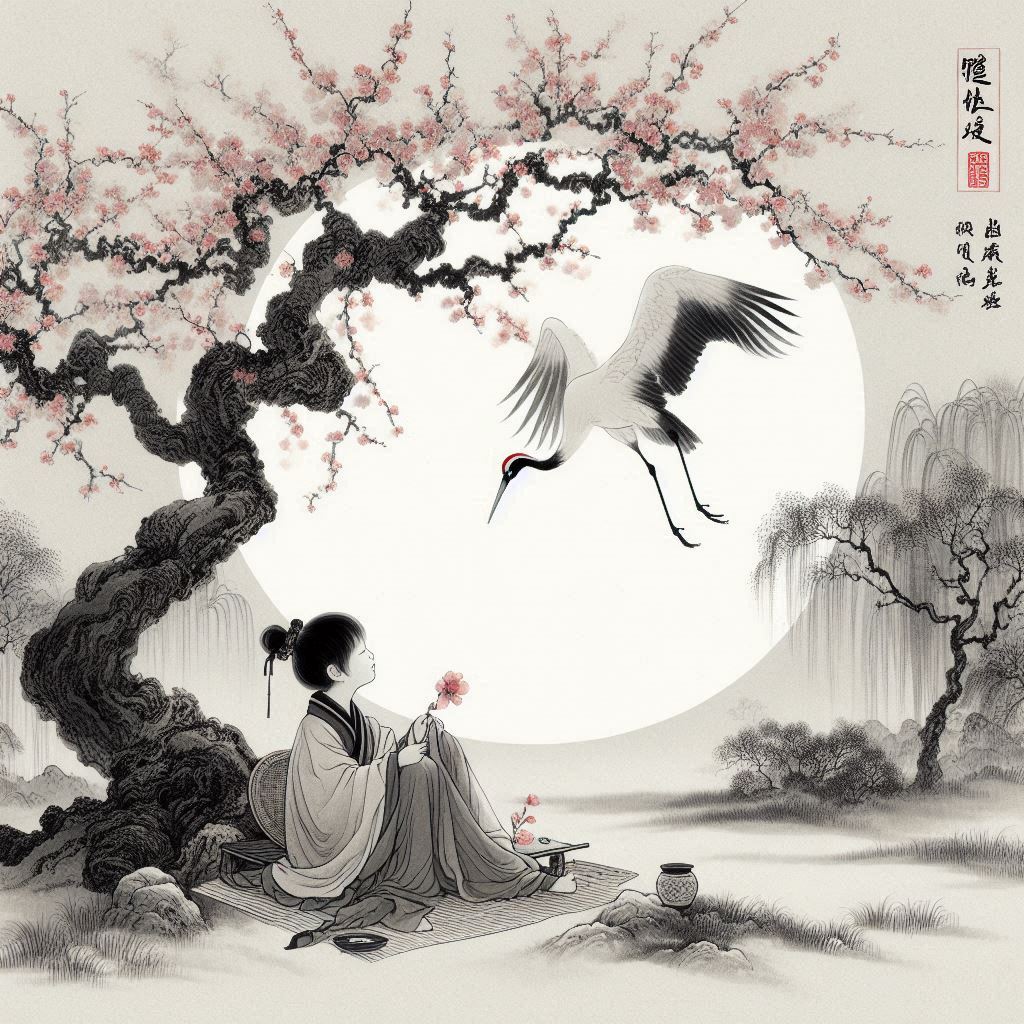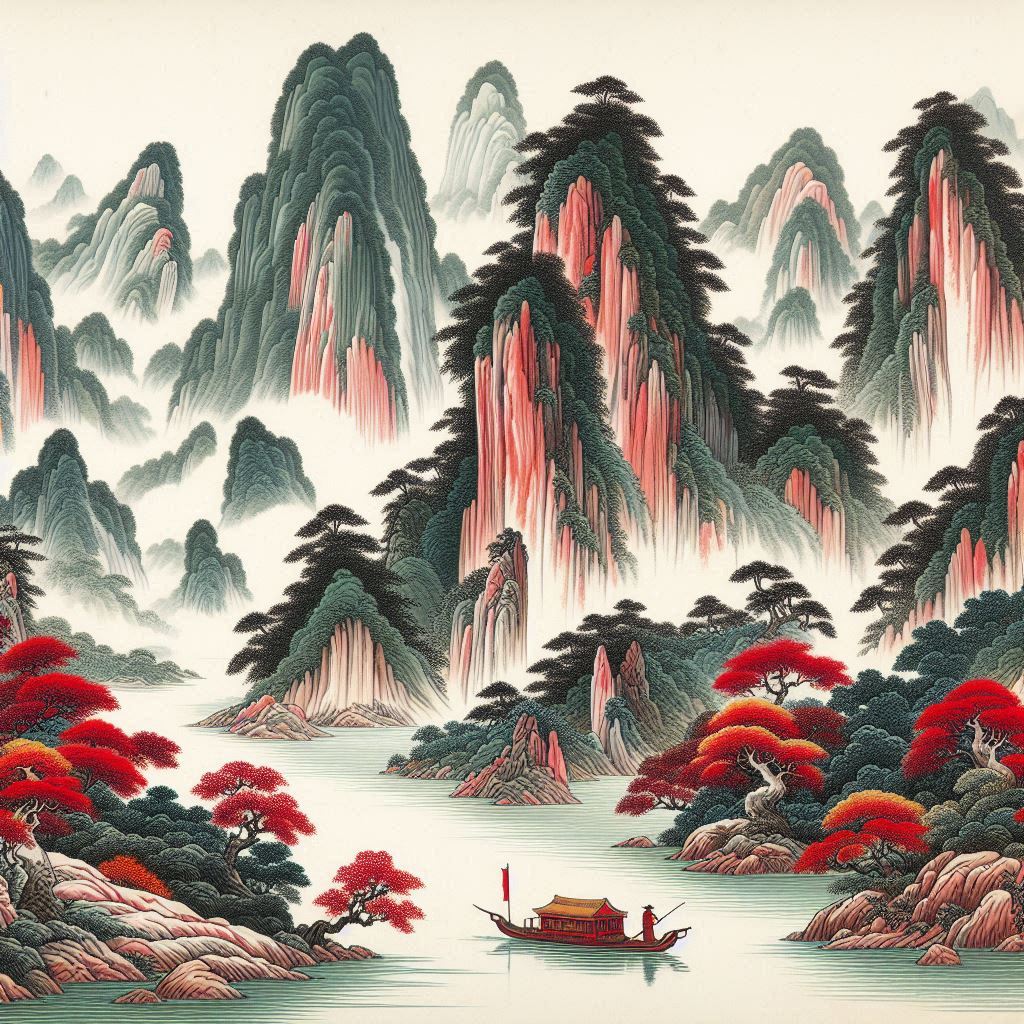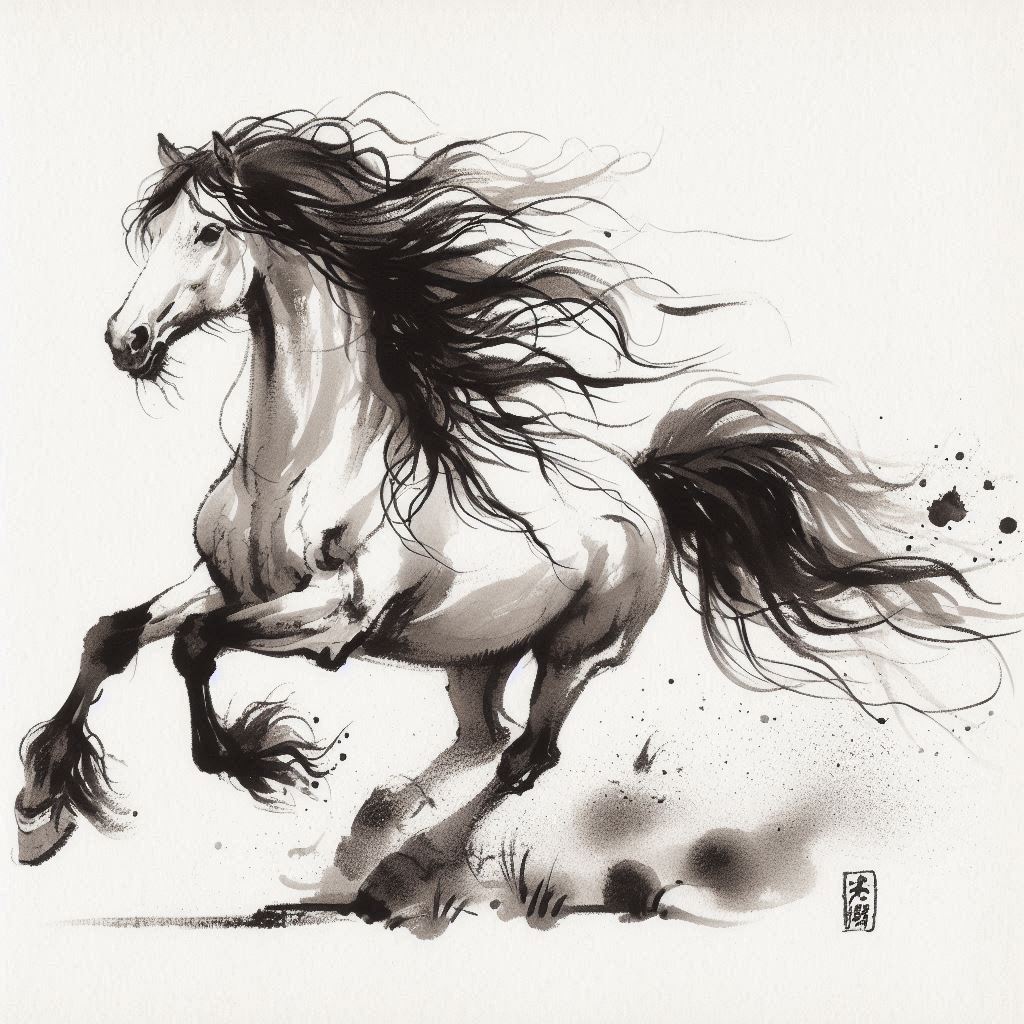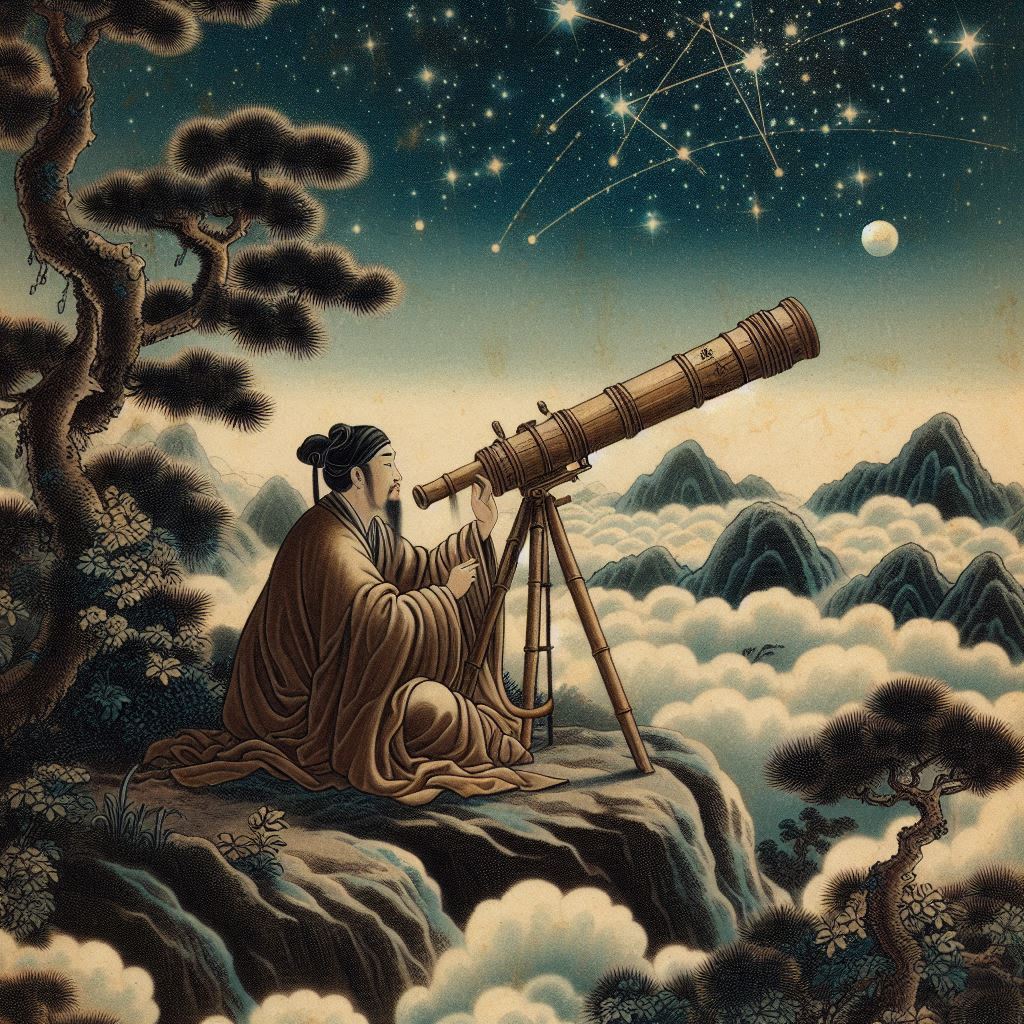Cause
- excessive or chronic negative emotions
- anxiety
- over- ambitiousness
In traditional Chinese medicine the Small Intestine is the partner organ of the Heart. This peculiar partnership can be clearly grasped when looking at the mental manifestation of these two organs. In traditional Chinese medicine the Heart houses the mind(1)(2). It is responsible for virtually all mental activities, including emotions, consciousness, memory, thinking, and sleep. These mental activities all rely on the ability to make clear judgment - a quality governed by the Small Intestine(1).
The pattern “heat in Small Intestine” is caused by excessive and chronic emotional disharmony as most negative emotions are "hot" in nature. As the Heart houses the mind chronic negative emotions create "heat in the Heart" which in turn is transfered onto the Heart's partner organ - the Small Intestine.
Anxiety specifically affects the Heart thus this emotion may contribute to the development of "heat in the Small Intestine"(1).
The pattern "heat in the Small Intestine" is also seen in over-ambicious behaviour where people driven by great desire undertake many tasks and projects simultaneously and push themselves hard in many different ways(1).
If you want to learn more about the Small Intestine and its functions from the perspective of traditional Chinese medicine go to "The Small Intestine in Traditional Chinese Medicine" in the Physiology chapter.
Symptoms
- restlessness
- tongue ulcers
- thirst
- feeling of heat in the chest area or the lower abdomen
- dark, scanty, painful urination
As the Heart and the Small Intestine partner each other on a mental level a major manifestation of “heat in the Small Intestine” is mental restlessness(1). The Heart opens into the tongue therefore there may be tongue ulcers(1). With any type of heat there is thirst(1). Location-wise there may be a sensation of heat in the chest area(1) (where the Heart is located) and the lower abdomen area (where the Small Intestine is located). As the Small Intestine is responsible for separating the clean fluids from dirty fluids, and heat evaporates fluids, there will be dark(1)(3), scanty and painful urination(1), and in some cases blood in the urine(1)(3).
Treatment Approaches
Foods and herbs that clear “internal heat” are cold in nature.
To unlock the rest of this article select "Yes, I want to learn!" below.
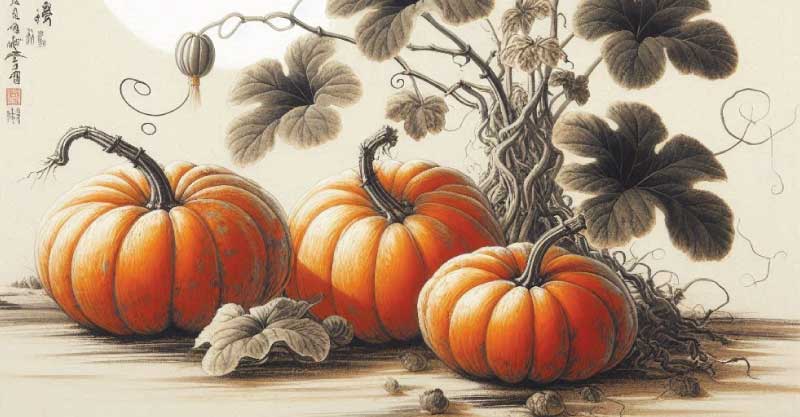
Food therapy is the most economical and non-toxic biochemical approach to health and disease. Food is something we continuously use to sustain our lives. Learning what foods are healing (and what disruptive) for each condition has the potential to convert every meal into a form of therapy.
YS
(1) Maciocia, Giovanni (1989). The Foundations of Chinese Medicine. Edinburgh: Harcourt Publishers Limited
(2) Yang Weiyi, Meng Fanyi, Jiang Yuanan(2002). Diagnostics of Traditional Chinese Medicine. Beijing: Beijing University of Chinese Medicine and Pharmacology
(3) Pitchford, Paul (2002). Healing with Whole Foods. Berkeley: North Atlantic Books
Related Articles:
The Small Intestine in Chinese medicine
The Heart and the emotion "joy"
The Heart, the season summer, and summer foods that benefit the Heart
Herbs that tonify the blood and benefit Heart blood deficiency
Herbs that transform phlegm and benefit phlegm in the Heart
Herbs that tonify Qi and benefit Heart Qi deficiency
Hearbs that calm the spirit and clear heat in the Heart
Please read our Disclaimer

